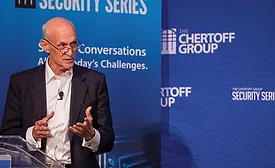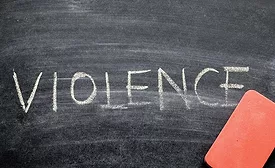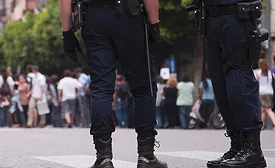Sectors
Eric Smith: The Emotional Value of Security
A Security 500 Thought Leader Profile
November 1, 2017
Scott Starkey: Keep the Water Flowing
A Security 500 Thought Leader Profile
November 1, 2017
Over the Horizon: Emerging Security Threats and Risks to the Enterprise
What issues, concerns and risks will you be facing in the near future?
October 1, 2017
University Campuses Take Center Stage
Criminals see campuses and universities as soft targets, while political activists see them as big opportunities.
October 1, 2017
When Critical Infrastructure Encounters Civil Unrest
Protests, demonstrations, riots and civil unrest can overwhelm an organization and its external partners. How can an enterprise be prepared?
September 1, 2017
Lessons on Entertainment Security and Executive Protection After Manchester
Iconic entertainers will remain attractive targets for terrorist attacks because they attract substantial crowds and promote social norms and values that conflict with terrorists’ worldviews.
September 1, 2017
Drones: Nuisance or Serious, Immediate Threat?
How can enterprise security leaders protect their environments?
September 1, 2017
Sign-up to receive top management & result-driven techniques in the industry.
Join over 20,000+ industry leaders who receive our premium content.
SIGN UP TODAY!Copyright ©2025. All Rights Reserved BNP Media.
Design, CMS, Hosting & Web Development :: ePublishing















